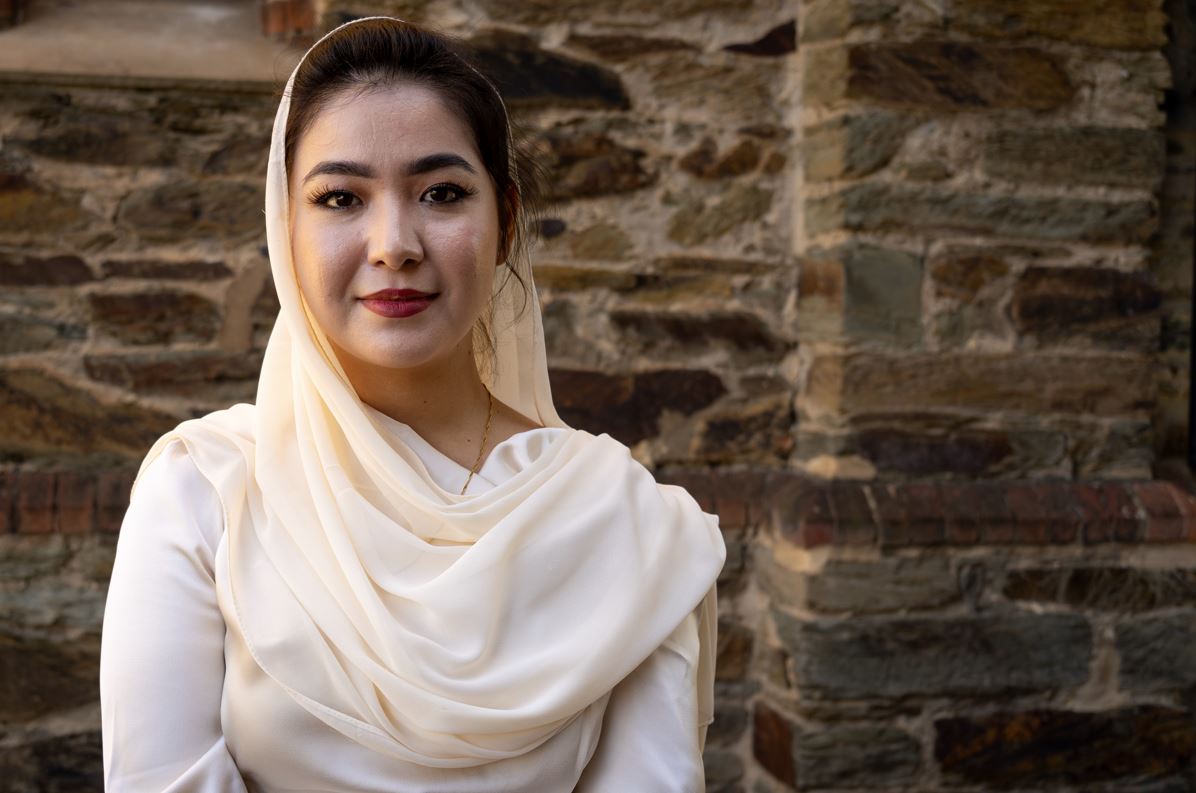At 12 years old, Narges Ghulam Rasool and her family arrived in Australia as refugees, fleeing civil war and the threat of genocide.
Now, her experiences leaving Afghanistan and migrating to Australia help her support children who arrive in our country without any adult family members to care for them.
Narges is part of the Department for Child Protection’s Multicultural Services team, whose wide remit includes providing case management for unaccompanied humanitarian minors on behalf of the Federal Government’s Department of Home Affairs.
Narges, her four sisters and their parents arrived in Australia in 2007, sponsored by her older brother. They briefly lived in Murray Bridge before settling in Adelaide.
“Afghanistan had been in conflict, with the civil war and it was not safe to stay,” says Narges, a member of the persecuted Hazara community.
The family first spent almost seven years in Quetta province in Pakistan, before they were granted asylum in Australia.
“Hazara people were targeted in Quetta as well and we were fearful that there might be a bomb blast there so we would try to avoid places that were too busy,” Narges says.
“Luckily, there wasn’t a major attack but in 2011 and 2012 there were major attacks in Quetta on Hazara people.
“My life here gave me a lot of opportunity, not just to study but to work, which would have been impossible in Afghanistan or Pakistan.”
Narges is sharing her story as part of Harmony Week (18-24 March) – a celebration recognising Australia’s diversity and bringing together Australians from all different backgrounds.
The social worker, 26, supports four children and young people who came to Australia as unaccompanied humanitarian migrants, hailing from Afghanistan, Rwanda and Sri Lanka.
This includes managing the children’s placements with foster and kinship carer families and helping support their education and health needs, such as taking them to swimming lessons to improve their water safety skills.
Narges also helps young people build up their community supports and independence, to aid their transition to adulthood.
Recently, she celebrated assisting one of the young people to successfully apply for permanent residency, eight years after she arrived from Sri Lanka with her older siblings who are now also permanent residents.
“They were over the moon – they were so excited,” Narges says.
“It’s a really good feeling that you’re in a position where you’re actually able to support someone in getting something that means a lot for them.


